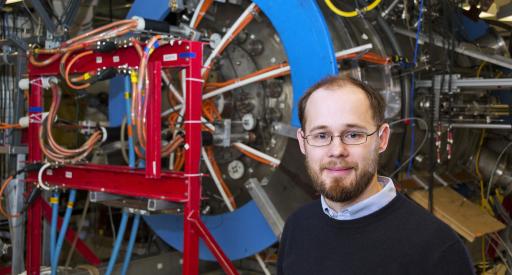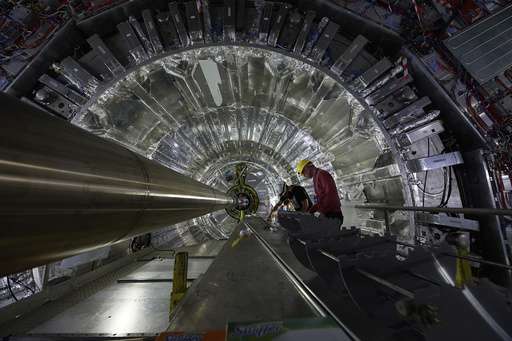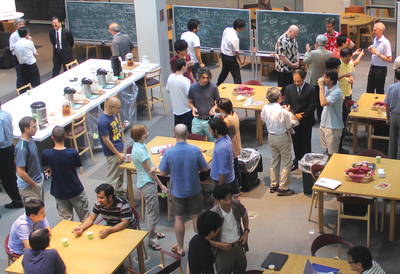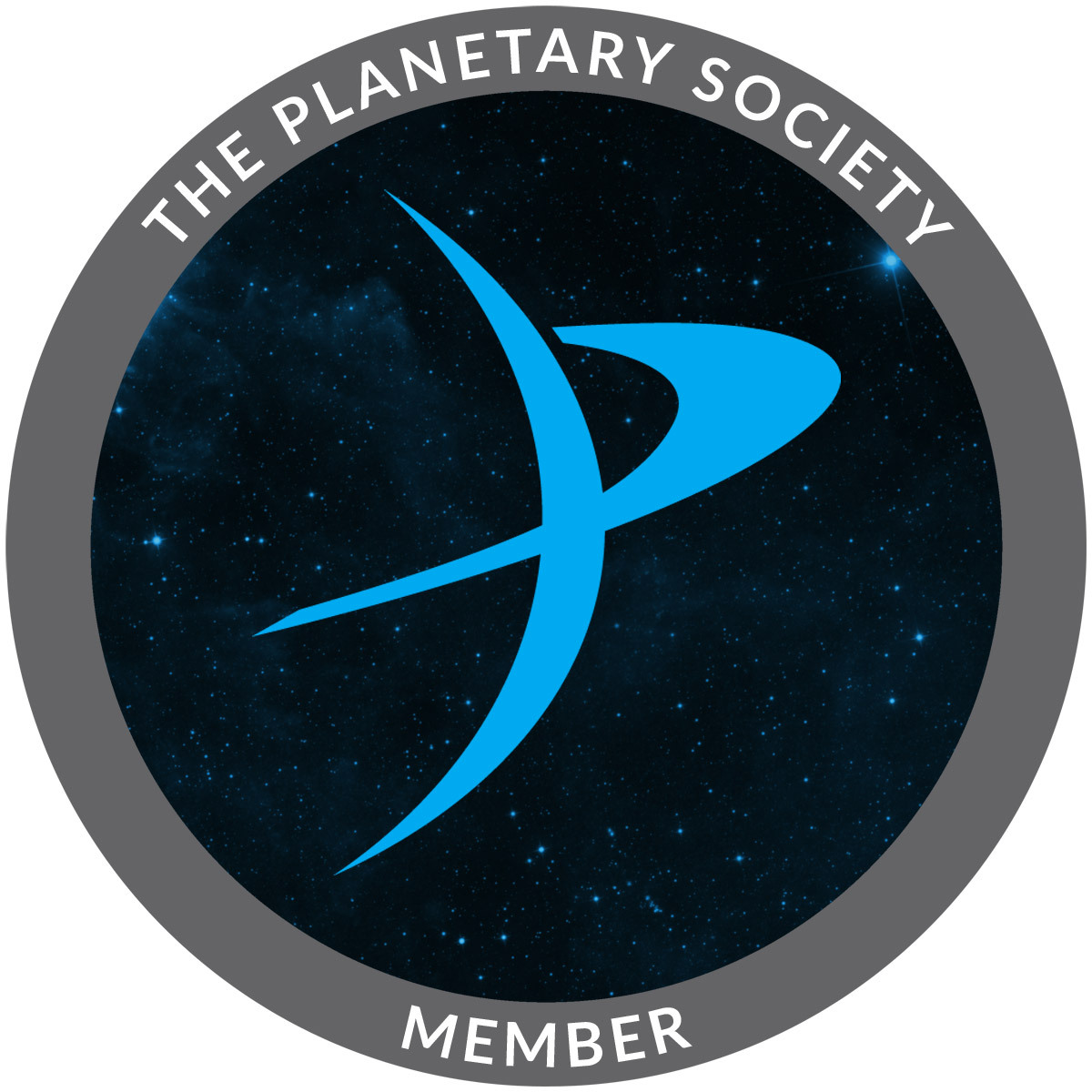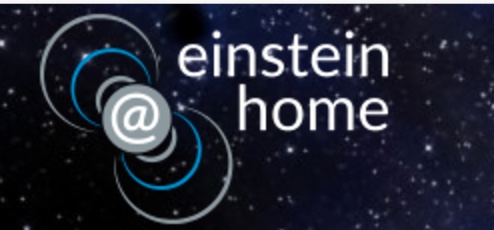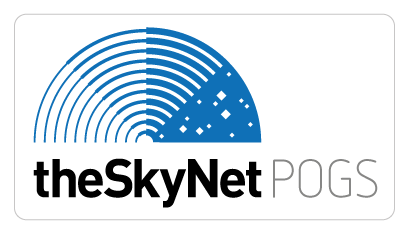Category Archives: research
Dawn of Private Space Science Symposium 2017 | #DPSS17
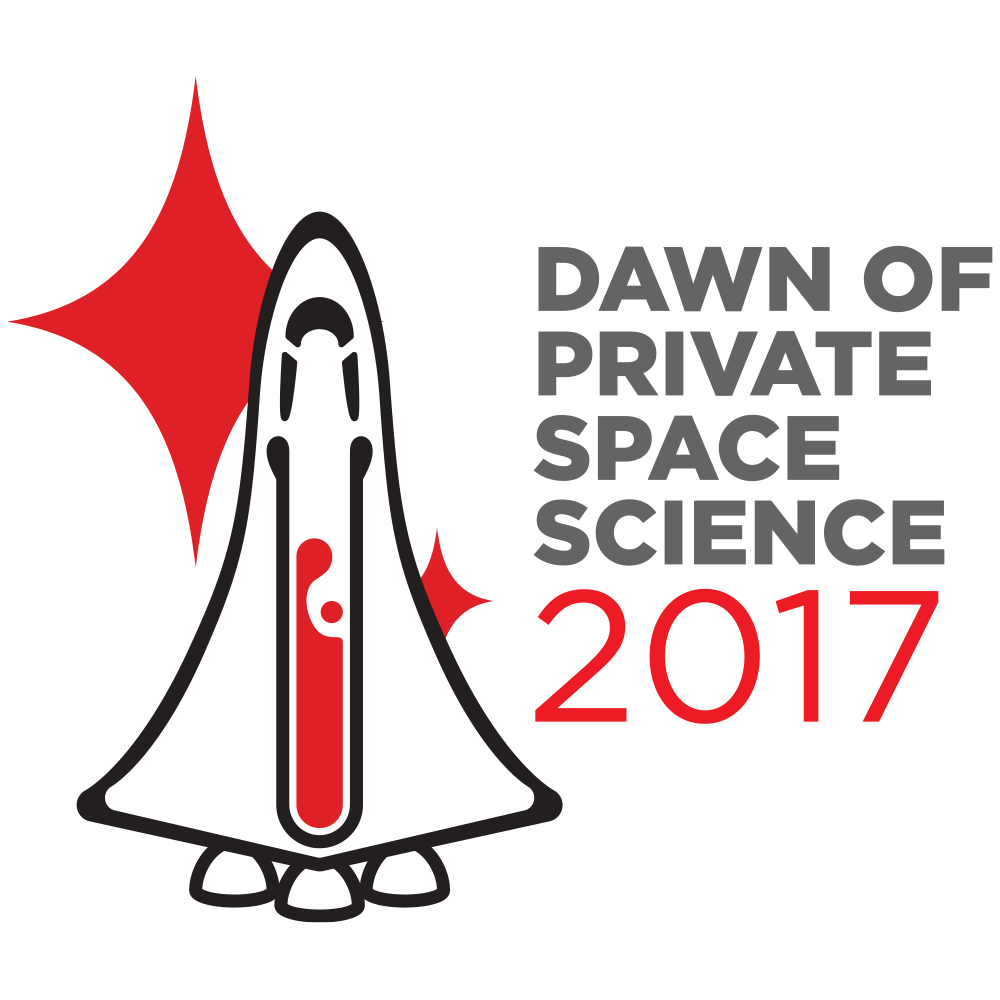 Bringing scientists, foundations, corporations, policy makers & private spacelines under one roof to chart the future of space science @ Columbia University
Bringing scientists, foundations, corporations, policy makers & private spacelines under one roof to chart the future of space science @ Columbia University
Source: Dawn of Private Space Science Symposium 2017 | #DPSS17
PPPL and Max Planck physicists reveal experimental verification of a key source of fast reconnection of magnetic fields
Magnetic reconnection, a universal process that triggers solar flares and northern lights and can disrupt cell phone service and fusion experiments, occurs much faster than theory says that it should. Now researchers at the U.S. Department of Energy’s (DOE) Princeton Plasma Physics Laboratory (PPPL) and Germany’s Max Planck Institute of Plasma Physics have discovered a source of the speed-up in a common form of reconnection. Their findings could lead to more accurate predictions of damaging space weather and improved fusion experiments.
Click here or on the picture for the full story: PPPL and Max Planck physicists reveal experimental verification of a key source of fast reconnection of magnetic fields
US Supercomputer Needs More People Power
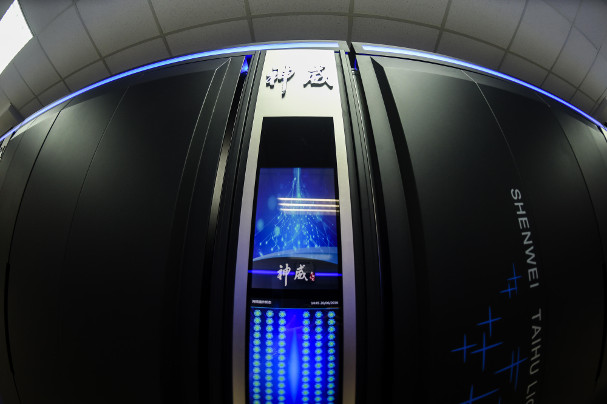
A large computing network that has helped design cancer drug candidates and search for extra-terrestrial life is struggling to maintain its volunteer network.
A citizen science initiative that encourages public donations of idle computer processing power to run complex calculations is struggling to increase participation.
Click here or the picture to see the full story: US supercomputer needs more people power
The Institute for Research on Innovation & Science (IRIS)
The Institute for Research on Innovation & Science (IRIS) is the major national source for data to support fundamental research on the results of public and private investments in discovery, innovation, and education. It provides credible data and rigorous findings about the productivity and public value of the research enterprise to inform effective policy-making, support outreach, aid in research management, and expand the state of knowledge.
Click here or on the picture for the Website: Institute for Research for Innovation & Science
Who feels the pain of science research budget cuts?
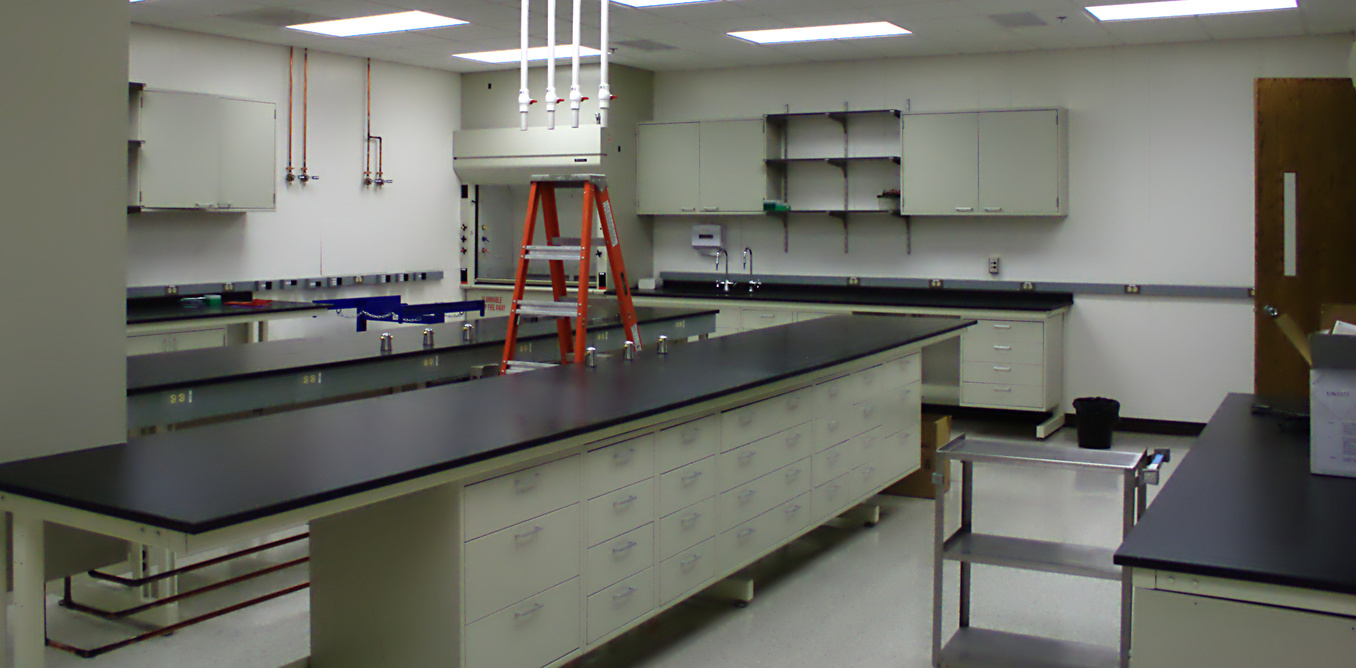
Not much science will get done without the money to fund people and equipment. Michael Pereckas, CC BY
What are research dollars actually spent on? Rather than looking at artifacts like publications and patents, a new initiative directly tracks the people and businesses that receive research funding.
Click here or the picture for the full story: Who feels the pain of science research budget cuts?
LHCb observes an exceptionally large group of particles
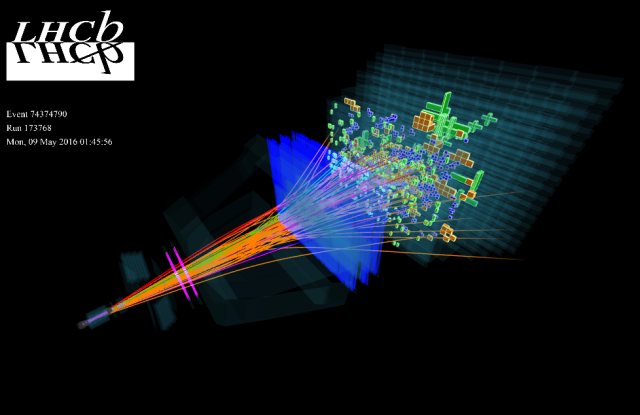
A typical LHCb event fully reconstructed. Particles identified as pions, kaon, etc. are shown in different colours. (Image: LHCb collaboration)
The LHCb experiment at CERN is a hotbed of new and outstanding physics results. In just the last few months, the collaboration has announced the measurement of a very rare particle decay and evidence of a new manifestation of matter-antimatter asymmetry, to name just two examples.
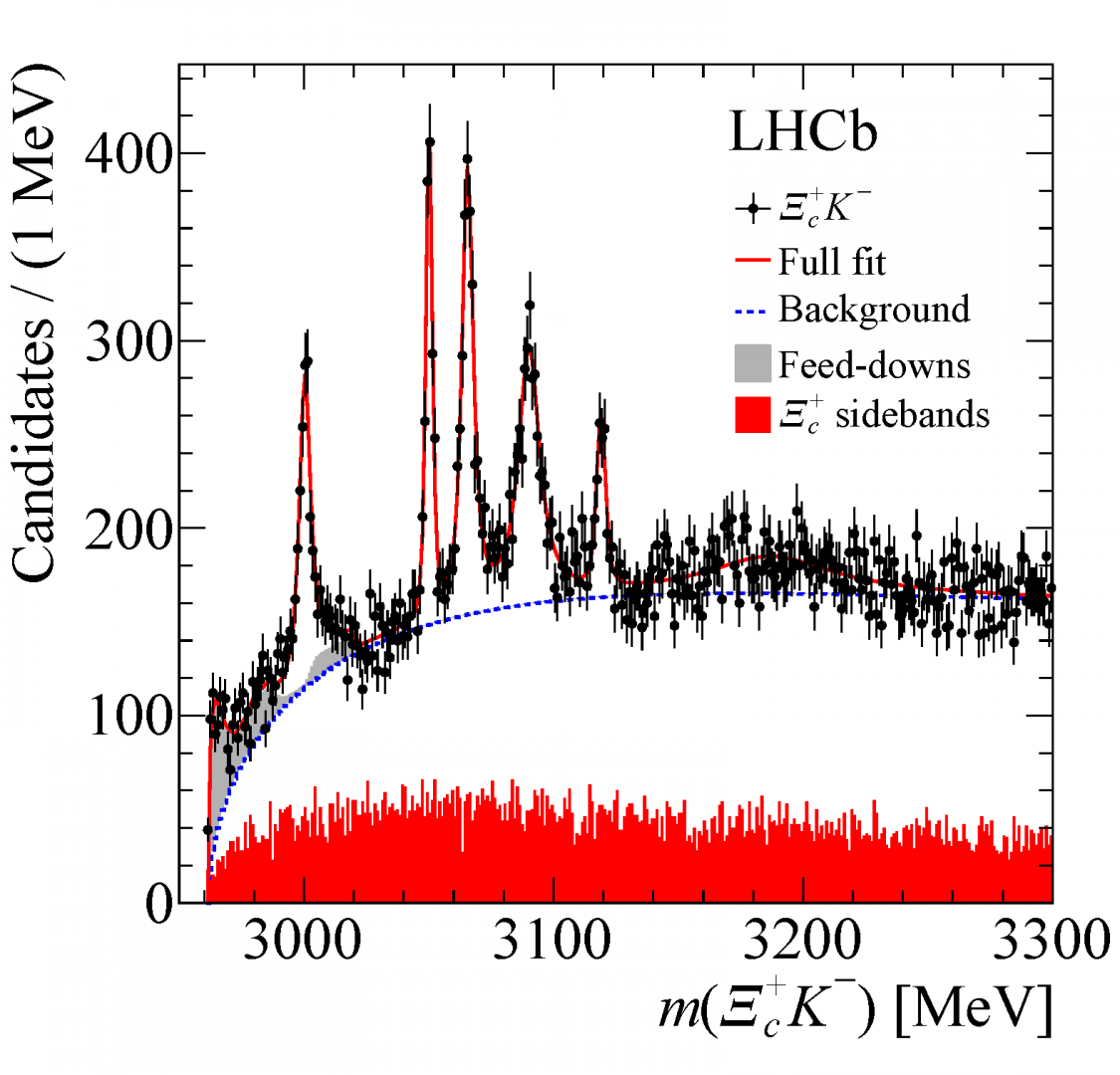
The image above shows the data (black dots) of the reconstructed mass distribution resulting from the combination of the Ξc+ and K- particles. The five particle states are the five narrow peaks standing out from the distribution of data. (Image: LHCb collaboration)
Key experiment at the Large Hadron Collider (LHC) gets upgrade
Scientists are upgrading one of the four main experiments on the world’s biggest atom smasher in hopes it will help them discover previously unknown particles or physical properties.
Source: Key experiment at world’s biggest atom smasher gets upgrade
Opening borders and barriers
An American physicist, a Japanese mathematician and a German cosmologist walk into a lab; what do you get? Based on recent outcomes, you’ll get ground-breaking science.
Opening borders and barriers : Nature : Nature Publishing Group
